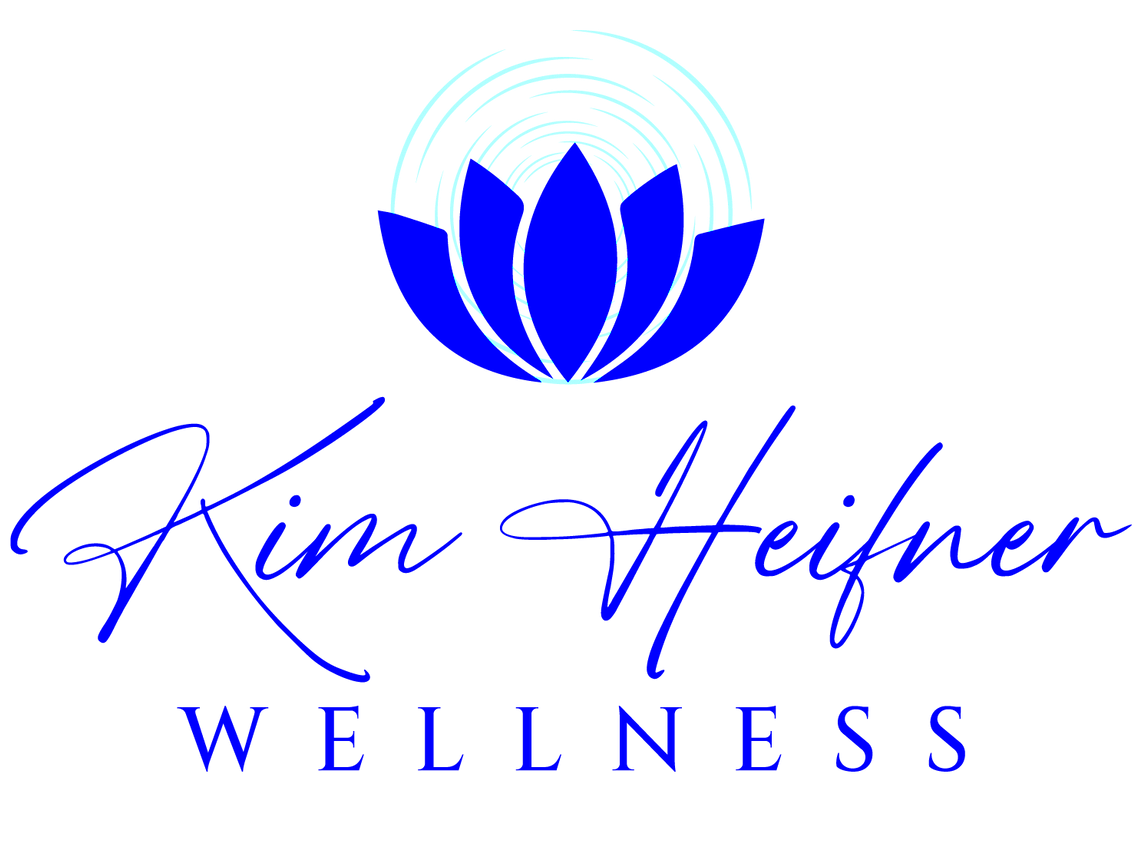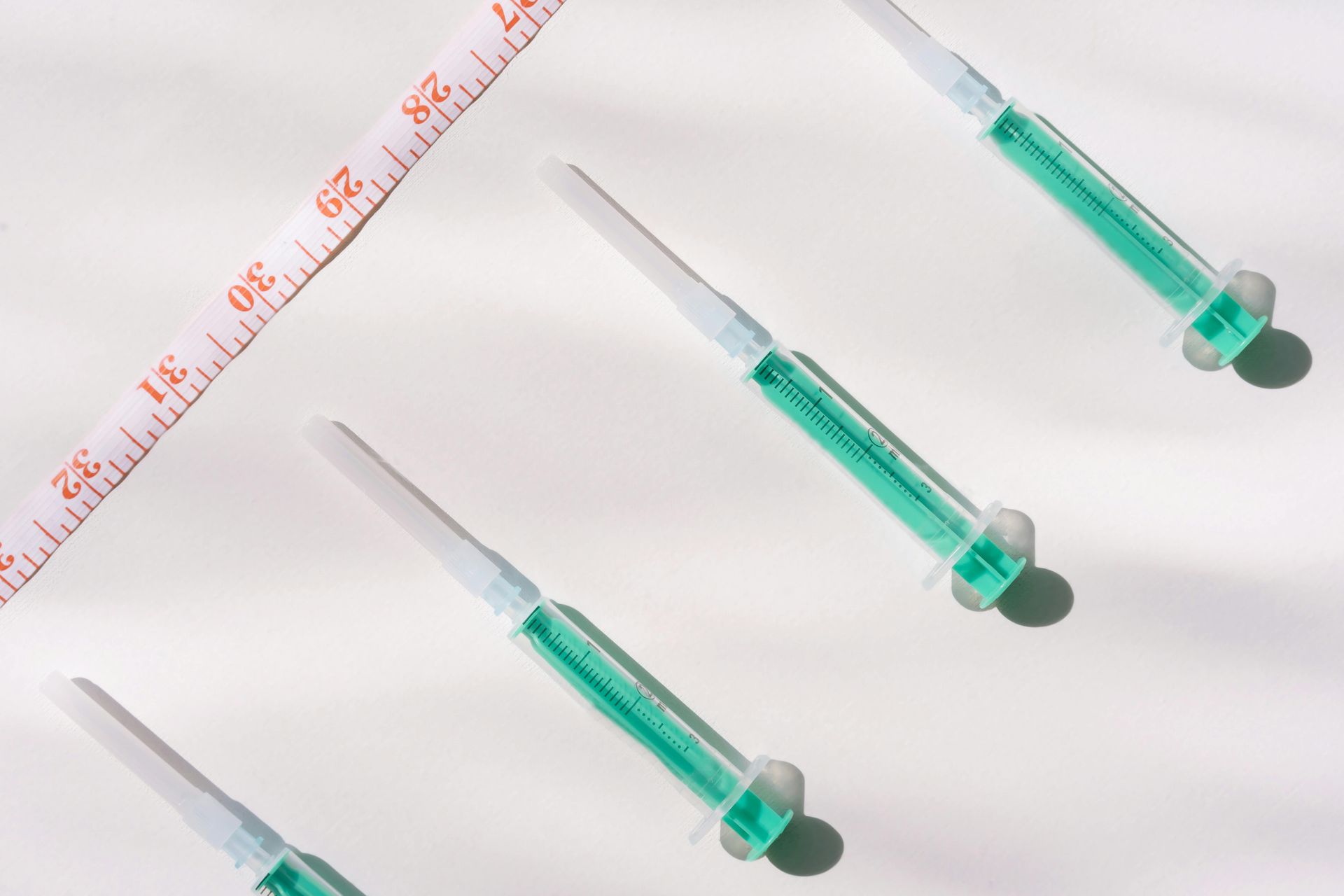
"Unlocking the Potential: Evidence-Based Weight Loss Supplements That Deliver Results"

Glucomannan: I have just recently learned of this one, so I wanted to share about it. Glucomannan has been found to be effective for weight loss in several studies. A systematic review and meta-analysis of randomized controlled trials showed a significant reduction in body weight following glucomannan consumption in overweight and obese adults. Additionally, several other studies have demonstrated that glucomannan can lead to modest weight loss when regularly ingested before a meal, particularly when combined with a weight-reducing diet. Glucomannan stands out as a dietary fiber with a unique ability to expand in water, offering several weight loss benefits. Firstly, it creates a feeling of fullness by exerting pressure on the stomach, which helps in reducing appetite and food intake. Secondly, it slows down food absorption, leading to a more stable blood sugar level and insulin response. Additionally, as a dietary fiber, glucomannan supports a healthy gut microbiome by nourishing beneficial bacteria.While results vary, research indicates glucomannan can aid in losing up to about 5 pounds over an 8-week period, making it a valuable tool for natural weight management with minimal side effects. It's particularly useful for appetite control and during fasting periods. For optimal weight loss benefits, a dose of 3,000 mg of glucomannan taken 15-20 minutes before the largest meal of the day with plenty of water is suggested. Combining glucomannan with l-glutamine and extra virgin olive oil may enhance its effects. However, it's important to note that the evidence is not conclusive, and glucomannan is most effective when taken as part of a balanced diet and active lifestyle, and it's not recommended for individuals with a history of bariatric surgery or esophageal issues, and some may experience bloating at higher doses, which usually subsides within a few days. I am going to attach some resources for you to learn more, and this information comes from the work of Dr. Westin Childs, thyroid and hormone expert.
Berberine. Berberine is often referred to as “nature’s ozempic). Berberine is a natural plant alkaloid that helps target high blood sugar and insulin resistance. Berberine is also anti-inflammatory, anti-oxidant, and helps improve gut and immune health. Berberine works similarly to Metformin, which is often used to assist weight-loss efforts. High-insulin is anti-fat burning, among other problems it causes in the body, it accounts for weight gain in a high-percentage of people. Berberine improves how sugar (glucose) is metabolized and broken down. Berberine, a plant-based compound, has been shown to help regulate blood sugar and combat insulin resistance. With anti-inflammatory and antioxidant properties, it also supports gut and immune health. Acting in a way similar to the diabetes drug Metformin, berberine can aid in weight loss, particularly where high insulin levels contribute to weight gain. A 2022 review highlighted that berberine users experienced notable reductions in weight and BMI, indicating its role in healthy weight management and metabolic health. Berberine doses are usually 1,000-1500mg daily. Now, some recent research has indicated that dihydroberberine, a reduced derivative of berberine, may offer a natural solution to enhance bioavailability. In a randomized, double-blind, crossover pilot trial assessing oral dihydroberberine ingestion, the study observed improved absorption kinetics and clinical safety parameters in humans. Notably, dihydroberberine was found to elevate plasma berberine levels and contribute to reduced fat mass and meta-inflammation in obese individuals with vitamin D deficiency, hinting at its potential role in supporting weight loss. However, it's important to note that while dihydroberberine shows promise, further research is needed to fully establish its efficacy and safety.
Green Tea: Green tea has long been celebrated for its health benefits, and recent research continues to explore its potential role in weight management. Central to green tea's weight loss capabilities are its bioactive components, particularly catechins and caffeine. Catechins, powerful antioxidants found in green tea, have been shown to inhibit catechol-O-methyltransferase, an enzyme that breaks down norepinephrine. This inhibition leads to increased levels of norepinephrine, which can enhance energy expenditure and fat oxidation. Essentially, this means that green tea may help boost your metabolism and encourage your body to burn fat more efficiently!
Adding to the metabolic benefits, green tea is also rich in caffeine, a well-known stimulant that has been linked to increased energy metabolism. However, the weight loss effects attributed to green tea are not solely due to caffeine. Studies suggest that the combination of caffeine and catechins works synergistically to increase energy expenditure and fat burning, offering a promising approach to weight loss. Also, there's evidence to suggest that green tea catechins could improve glucose metabolism, providing an additional health advantage.
Further research supports the weight loss potential of green tea and its extracts, particularly epigallocatechin gallate (EGCG). Studies involving various doses of EGCG (100–460 mg/day) have demonstrated its ability to promote weight loss, especially in trials lasting three months or more. The presence of caffeine, in doses between 80 and 300 mg/day, seems to bolster these effects, especially in individuals who are not already consuming high amounts of caffeine. An eight-week study highlighted that green tea extract supplementation, combined with exercise, led to significant improvements in body composition among sedentary, overweight women, including reductions in weight, BMI, waist-to-hip ratio, and body fat percentage.
Interestingly, the impact of green tea on weight loss appears to vary by ethnicity, with more significant results observed in Asian subjects compared to Caucasians. Despite these promising findings, it's important to note that not all research concludes green tea or EGCG can effectively maintain weight loss, and the overall effects are generally modest. The efficacy of green tea in weight management and its potential health benefits make it a subject of ongoing research!
Vitamin D3. Several studies have investigated the relationship between vitamin D and weight loss, suggesting that optimizing vitamin D levels may support weight management. Vitamin D deficiency is world-wide problem, and is prevalent in the obese population. When vitamin D levels are low, it signals to the brain (hypothalamus) to store extra energy for times that have limited resources, and the body typically stores this excess energy as fat. When vitamin D levels are optimal, the hypothalamus signals to the body to release fat stores. Quite a few studies have linked increased belly fat to vitamin D deficiency. In fact, according to a Medical News Today article, an increase in overall body fat and low vitamin D often go hand in hand! When looking to lose weight, you need to prioritize vitamin D through sun exposure, and/or a high-quality supplement. Dietary sources include fatty fish, tuna, kale, spinach, and egg yolks.
Here are a few other key findings from the research:
A study conducted by the Fred Hutchinson Cancer Research Center found that overweight or obese women with less-than-optimal levels of vitamin D who lost more than 15 percent of their body weight experienced a significant increase in vitamin D levels, indicating a potential link between weight loss and vitamin D status.
A recent double-blind, placebo-controlled randomized clinical trial found that improving vitamin D status in obese individuals with vitamin D deficiency, in conjunction with a weight loss diet, led to a reduction in fat mass and meta-inflammation. The study suggested that weight loss and vitamin D supplementation may work together to decrease levels of meta-inflammation
A systematic review and meta-analysis of randomized controlled trials, published in 2019, investigated the effects of vitamin D supplementation on weight loss programs. The meta-analysis showed that cholecalciferol supplementation decreased BMI and waist circumference, indicating a potential clinical efficacy of vitamin D supplementation as a complementary strategy for weight management.
Another clinical trial study, published on PMC, demonstrated that supplementation of vitamin D in obese and overweight women led to a significant reduction in BMI and waist circumference, supporting the potential role of vitamin D in weight loss among this population.
However, a study published in JAMA Network Open indicated that vitamin D supplementation has not been shown to modify body weight or body composition in participants, suggesting that the relationship between vitamin D and weight management may still require further investigation.
These findings collectively suggest that optimizing vitamin D levels, particularly in individuals with obesity or overweight, may have potential benefits for supporting weight loss and improving metabolic health.
Probiotics. Probiotics may be a secret ally in your weight loss journey, especially in higher doses, as recommended by weight-loss expert Dr. Westin Childs. With a potent 300 billion CFU per serving, these beneficial bacteria can enhance feelings of fullness, curb sugar cravings, and boost metabolic functions, including insulin sensitivity and fat metabolism. They also play a role in balancing hormones, reducing inflammation, and influencing the absorption of nutrients and calories from your diet. Key probiotic strains linked to weight loss are L. gasseri, L. rhamnosus, L. casei, and B. lactis. Another noteworthy strain is Akkermansia muciniphila, which has been associated with obesity management and metabolic improvements. A 2022 review confirmed that Akkermansia supplementation in obese individuals is safe and effective, leading to weight reduction and better metabolic outcomes. Although more studies are needed, Akkermansia muciniphila shows potential as a supportive tool for weight loss and metabolic wellness.
Protein powder: Protein powders not only help curb your appetite but also support muscle growth, boost metabolism, and can be a powerful ally in your weight loss journey. Protein-rich diets, in general, have the added benefit of burning more calories during digestion. Selecting an appropriate protein powder can significantly boost your weight loss and muscle-building efforts. These supplements aid in appetite control, enhance metabolism, and support muscle maintenance, leading to more calories burned. Dr. Westin Childs points out that plant-based protein powders are quickly absorbed, but the choice between whey and plant-based options should be based on personal tolerance and dietary preferences. Moderate evidence suggests protein powders, particularly whey, can increase fullness, reduce appetite, and improve body composition by promoting fat loss while preserving lean muscle.
Flaxseeds: Flaxseeds have been suggested to have potential benefits for weight loss. They are rich in omega-3 fatty acids, fiber, and lignans, and may help improve bowel regularity, blood sugar control, and provide a feeling of fullness. Some studies have indicated that flaxseed fiber could suppress appetite and make people feel fuller and more satisfied. Additionally, research has shown that participants receiving dietary flaxseed experienced a reduction in body weight, BMI, and waistlines in randomized controlled trials. However, the weight loss effects are generally modest, with an expected average of around 2 pounds of weight loss rather than 20 pounds. Flaxseeds can be consumed in various ways, such as grinding the whole seeds, sprouting them, or using flaxseed oil. It's important to note that flaxseeds contain anti-nutrients, which means they may not be appropriate for everyone, especially those with certain health conditions. While flaxseeds can be a beneficial addition to a weight loss plan, just like the rest of these recommendations, they work best as a complement to a healthy diet and exercise routine, not as a standalone solution. It's also important to stay hydrated when consuming flaxseed supplements.
While these supplements and nutrients can be valuable allies in your weight loss journey, it's essential to remember that they are not a substitute for a balanced diet and healthy lifestyle. Before introducing any new supplements, it's always best to seek guidance from your healthcare professional. In addition to these supportive supplements, focusing on lifestyle and dietary adjustments is crucial for reducing abdominal fat and achieving overall weight loss. This includes increasing daily fiber and protein intake, staying well-hydrated, practicing circadian rhythm fasting, prioritizing quality sleep, managing stress, and engaging in regular moderate exercise, including resistance training several times a week. By integrating these measures alongside targeted supplements, you can create a comprehensive approach to support your weight loss goals.
If you are need help on your weight loss journey, or other with perimenopause or menopause concerns, or maybe you are getting ready to have a milestone birthday, like I did this past year (50😮), and want to make sure you are healthy, happy, and fit for longevity, then reach out, I would love to partner with you!
In health,
Kim Heifner, FNP-C, MSCP✨👩⚕️















